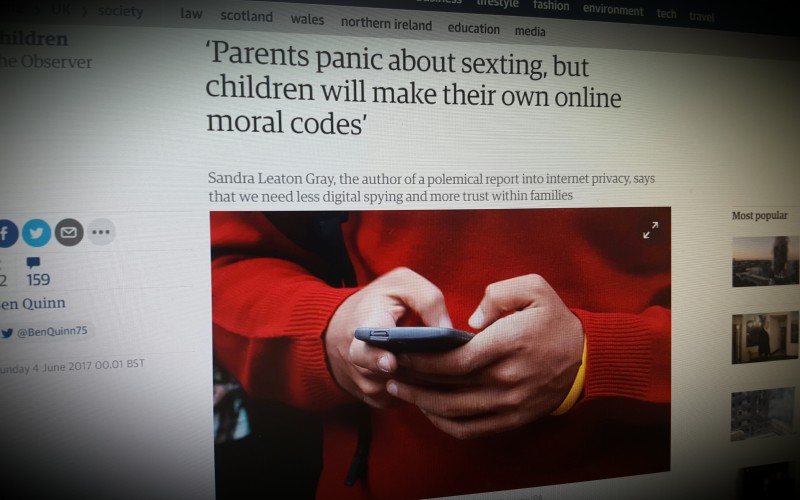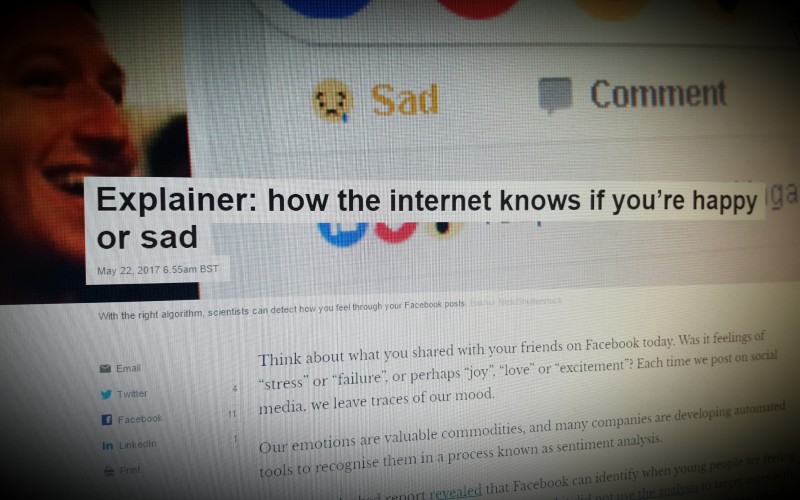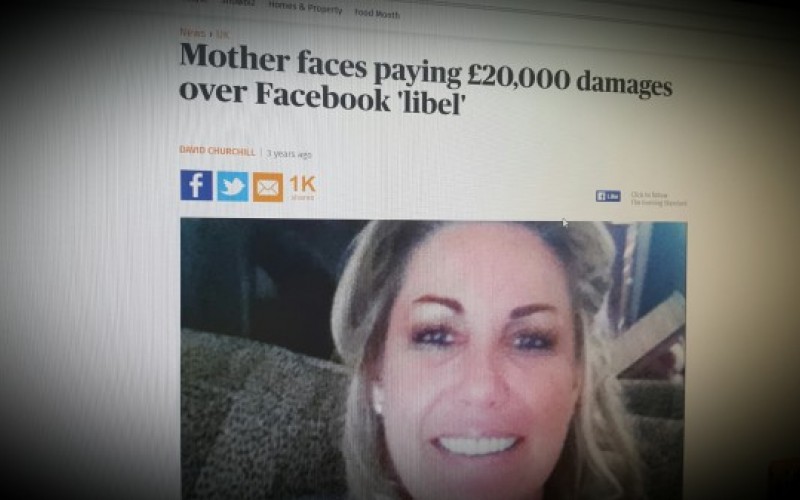Until adults move on from the dismissive and patronising position of ‘the online world isn’t real or valid’ we will continue to fail in the quality of the support we offer our children.
Ask children and young people about the esafety messages they’ve been told by parents, carers and teachers and they will mumble with disdain:
‘Never share personal information online’
‘Never talk to someone online who you’ve not met in ‘the real world’.’
‘Tell a trusted adult if you are worried.’
‘If you are being bullied online then just turn off your device and go outside and play with real friends.’
Too many parents, and adults responsible for young people, reinforce messages that are glib, meaningless and underpinned by; ‘I don’t know anything about this new stuff – I just wish they would ban Facebook.’
If we are to accept we have a role to provide guidance and support for young people in our care then we must be much more proactive in developing our own knowledge and understanding of social media and online opportunities and challenges. Similarly we must be seen by our young people to model appropriate behaviour and to empathise with young people rather than make false distinctions between ‘the online world’ and ‘the real world.’
Let’s look at the e-safety messages we‘ve been feeding our children.
‘Never Share Personal Information Online’
How does this make any sense? We need to share personal information every day and we frequently offer Amazon and similar, our home address, bank details and other personal information. If we accept that ‘1 in 4 adults met their partner online’, then surely as parents and teachers we need to provide young people with advice and guidance on when and how to share personal information? Until we help children understand the cost benefits of sharing personal information, they will continue to be misinformed about how and when to share.
‘Never Talk To Someone Online Who You’ve Not Met In ‘The Real World’.’
Many of us who use social media for our professional development and hobbies and interests will recognise that sharing ideas and experiences with strangers across the world has real benefits and can enhance our professional and personal lives. Surely we should be providing students with opportunities to communicate with ‘strangers’ by bringing online interactions, linked to curriculum work, into our classrooms?
‘Tell A Trusted Adult If You Are Worried.’
I think we can sometimes be a little too quick to assume a child will have a trusted adult. We assume, if they have two parents, they can speak to them, or that they will by default, tell their class teacher or key worker. Some children may not feel comfortable telling their mother but they may tell a friend’s mother. Some may not wish to discuss issues and concerns with their current teacher but perhaps their previous teacher? We shouldn’t underestimate the role of lunchtime supervisors and librarians. Often these people see and speak to the children every day and are seen as more trustworthy than some of their other relationships with adults.
A child needs a choice of trusted adults and we should make sure every child knows who their personal preference trusted adult is, before they are at that crisis point when they really need them.
‘If You Are Being Bullied Online Then Just Turn Off Your Device And Go Outside And Play With Real Friends.’
Until adults move on from this dismissive and patronising position of ‘the online world isn’t real or valid’ we will continue to fail in the quality of the support we offer our children. Young people and many of us who are adults see our online interactions to be important and often more valid than face to face interactions. Social media is social. Young people want and need to be part of the interactions and this is where many will gain their sense of self worth. It may be difficult for some parents and teachers to comprehend but for many of us, online relationships can be better, more rewarding and more caring than the face to face interactions of school and home.
For those who work with, and care for, young people there is something you can do. Take control of your own learning and understanding of this important area of a child’s development. Use social media to engage and learn from others.




Comments
make a comment